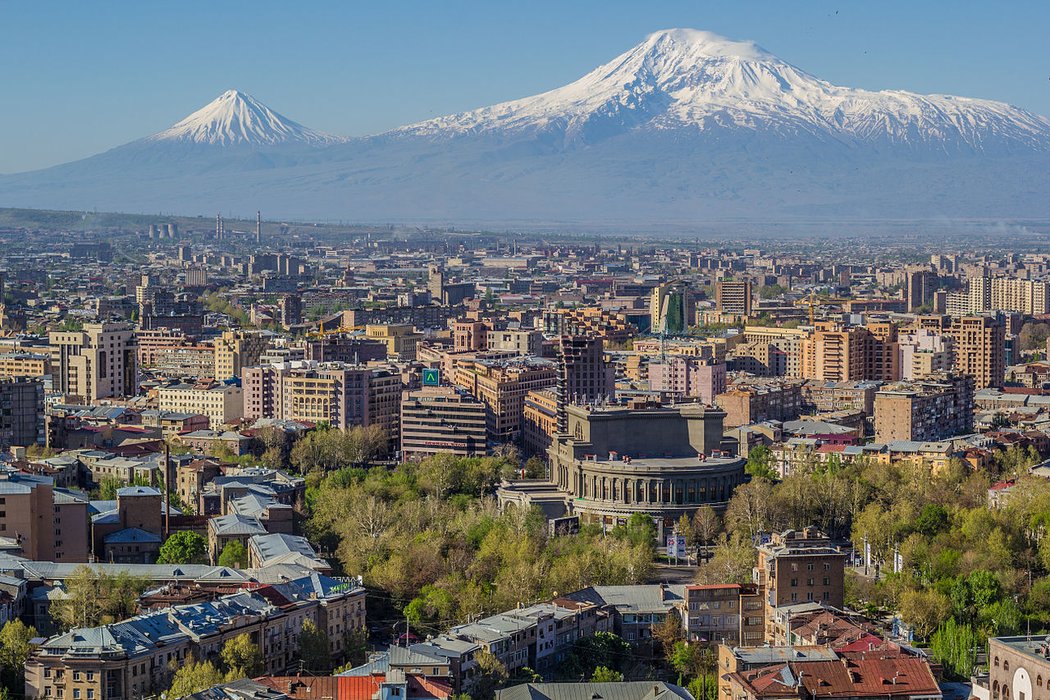
Freedom of Association
New law on volunteering debated in Parliament
A new law on volunteering was discussed in the Armenian Parliament in May 2023. The initial draft of the law, introduced in 2017, received mixed reactions from civil society organisations (CSOs). Many of them warned that the proposal contained burdensome administrative requirements that would unnecessarily restrict the work of CSOs in the country. Following several rounds of public debate in 2020 and 2022, the final draft was approved by the Government on 6th April, eliciting generally positive reactions from civil society, as most of the problems with the previous drafts had been addressed.
However, at the time of the discussion, there were still some shortcomings in the legislation. According to the Armenian CSO Transparency International Anticorruption Centre (TIAC), whose representative attended the hearing, the main outstanding issue is the obligation to have a signed contract with all volunteers, regardless of the duration of their engagement. The draft also stipulates that any volunteer activity without a signed contract will be considered illegal, with violating organisations subject to fines. This is considered restrictive as it places an unnecessary administrative burden on civil society organisations, especially those that use a large number of volunteers for short-term projects or events. The 2022 Country Report on Armenia, published by CSO Metre and authored by TIAC, recommends closing the gaps identified by civil society representatives, especially those from volunteer-based organisations.
Freedom of Peaceful Assembly
Nagorno-Karabakh: New restrictions imposed under martial law
On 26th May 2023, Arayik Harutyunyan, the president of the self-proclaimed Republic of Artsakh, signed two decrees introducing new restrictions under martial law. Martial law was imposed in the territory after the start of military operations in the Nagorno-Karabakh region in September 2020.
The decrees enforced further restrictions in the region, particularly with regard to the freedoms of peaceful assembly and expression. One decree prohibits the holding of all public gatherings, with the exception of those “addressing the self-determination” of the region's inhabitants or commemorating national events or holidays, which may be organised with the permission of the Artsakh government. The other decree prohibits “seeking, receiving and disseminating” information about the self-proclaimed republic’s defence capabilities or security, or its territorial integrity and sovereignty, including information deemed to be propaganda against Artsakh.
Freedom of Expression
Report alleges public figures in Armenia targeted with Pegasus spyware
A report released on 25th May 2023, authored by several internet watchdogs and rights groups, alleges that Pegasus spyware was employed in Armenia against activists and journalists. The joint investigation was the work of Amnesty International's Security Lab, Access Now, Canadian Internet watchdog Citizen Lab, CyberHUB-AM, and Ruben Muradyan, an independent mobile security researcher. Among those targeted were journalists from Radio Free Europe who operate in Armenia.
According to the investigation, between October 2020 and December 2022, several public figures and civic activists from Armenia and Azerbaijan may have had their communications monitored. This period coincides with the active phase of military operations in Nagorno-Karabakh, shortly before the signing of the ceasefire agreement on 9th November 2020, as well as the post-war period. The authors of the report believe that the Pegasus software has been used “extensively” to target journalists in the country, affecting press freedom and freedom of expression in general. The report notes that both Armenia and Azerbaijan had an interest in monitoring the communications of the parties concerned, but that evidence suggests that only the Azerbaijani government uses Pegasus, while the Armenian authorities are believed to be using a different spyware product.
The first reports of national governments using the Pegasus surveillance software, developed by Israeli experts, against journalists, activists, opinion leaders or civil society representatives came to light in July 2022. Subsequently, there have been several protests and calls by activists to the authorities to stop such practices and the pressure and persecution of civil society.